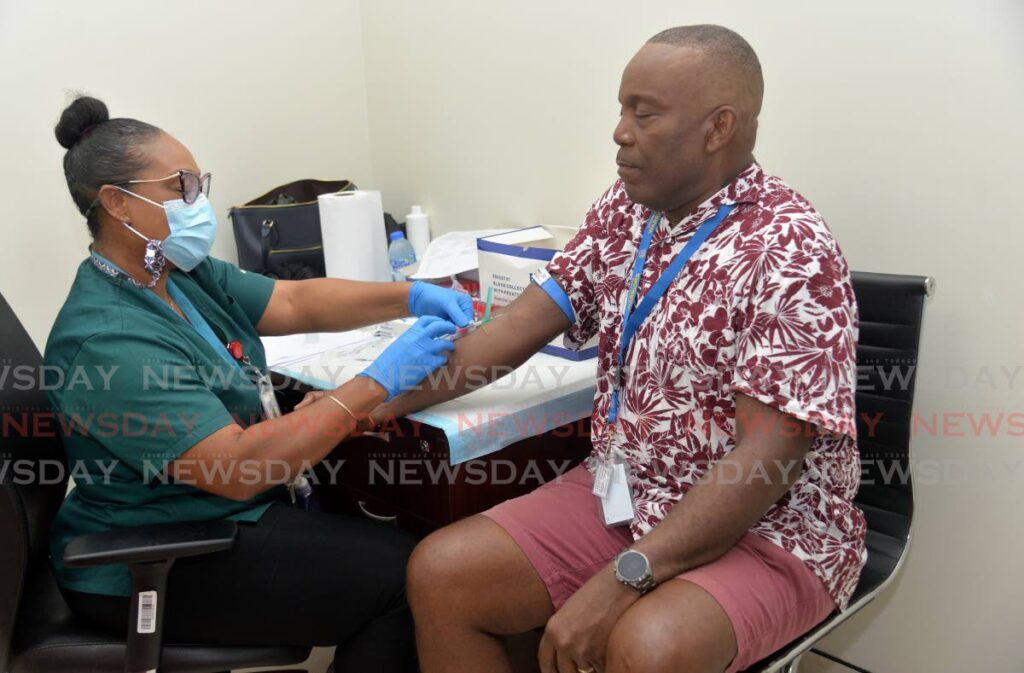Principal medical officer: Difficult to get men to screen for prostate cancer

Although it's the leading cause of cancer-related fatalities among men in the country, it's often difficult to get men to screen for prostate cancer.
This was the view of the Ministry of Health's principal medical officer Dr Maryam Abdool-Richards, during her address at the opening ceremony of the Caribbean Urological Association's (CURA) 25th annual meeting at the Hyatt in Port of Spain on Friday.
"We always had this conundrum with getting men to go to the appropriate screening modality where they don't want to hear, so you tend to find...they either come to you with a wife or daughter or girlfriend or some female companion dragging them along, or they come to you late stage," she said drawing from her experience as a family medicine practitioner.
"This is why today's conference is really pivotal, especially for those of us who are not urologists, to understand how we can better connect and communicate with our patients to allow (us) to look into preventative methods and screening," she said.
Citing statistics from the cancer registry, Abdool-Richards said between 2016 and 2020 prostate cancer accounted for one in five cancer-related deaths. Additionally, she said, it's the leading cancer-related death in men, accounting for around one-third of the fatalities.
In July, she said, the Ministry of Health hosted an exercise where some 4,000 men over 40 were screened using a PSA blood test for the disease. Of these, she said 464 required additional medical follow-ups; that's just over 10 per cent.
"And that alone should really identify how significant prostate cancer is in terms of a major clinical problem and public health problem in Trinidad and Tobago," she said.
She said prostate cancer is a non-communicable disease and the Ministry of Health includes it in its overall NCD-reduction strategy.
She said this involves risk identification, screening for modifiable risk factors, encouraging behaviour change, health education, empowerment and clinical management.
"And while we can continue to promote preventive-care early detection, we must also be committed to providing the highest level of quality treatment services utilising the most technologically-advanced options and solutions, and this is where I really want to commend CURA and CURA's partners," she said.
CURA's annual meeting runs until Sunday and will expose regional and international practitioners. It will provide updates in the spheres of prostate cancer, benign prostatic hyperplasia, kidney stones, erectile dysfunction, infertility and trauma among others.

Comments
"Principal medical officer: Difficult to get men to screen for prostate cancer"